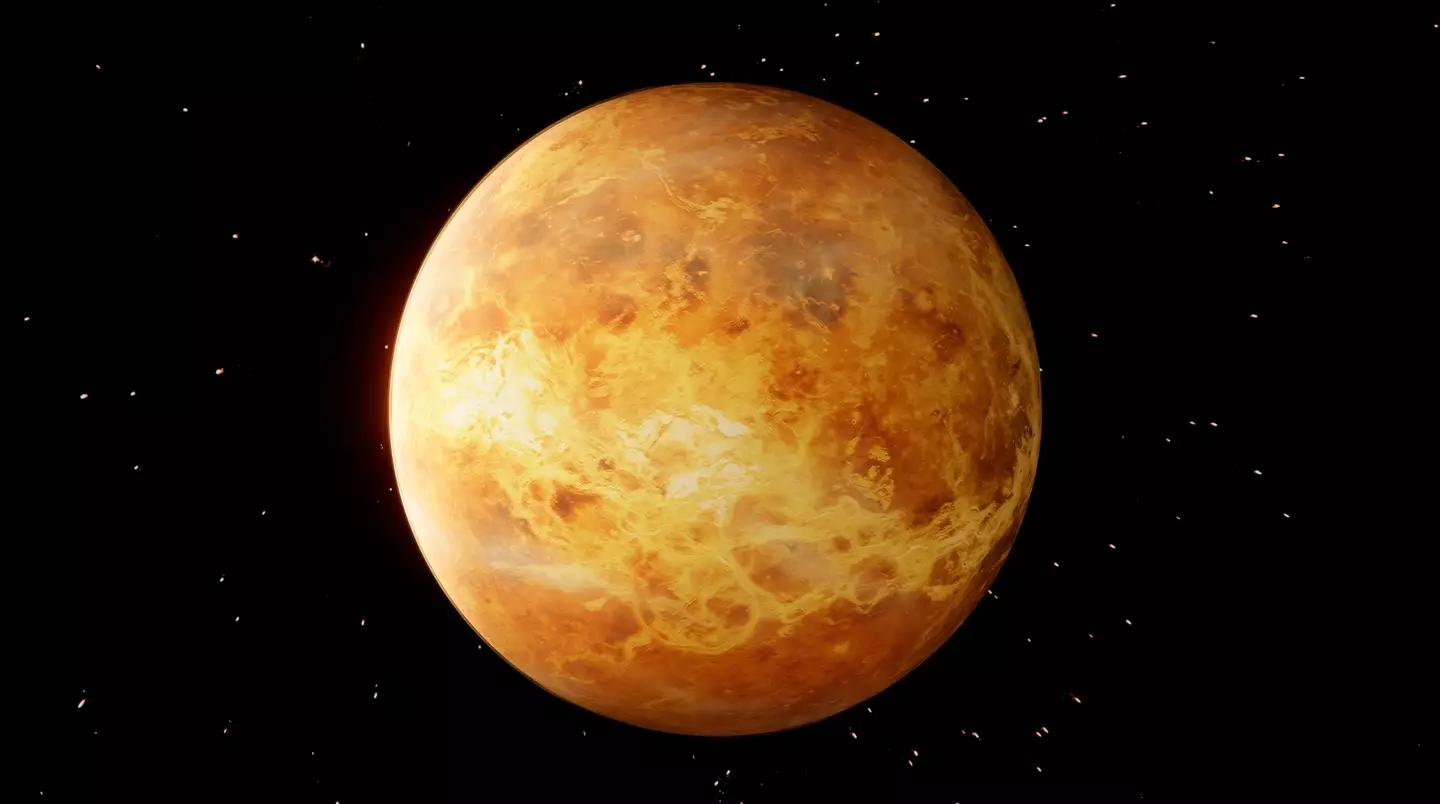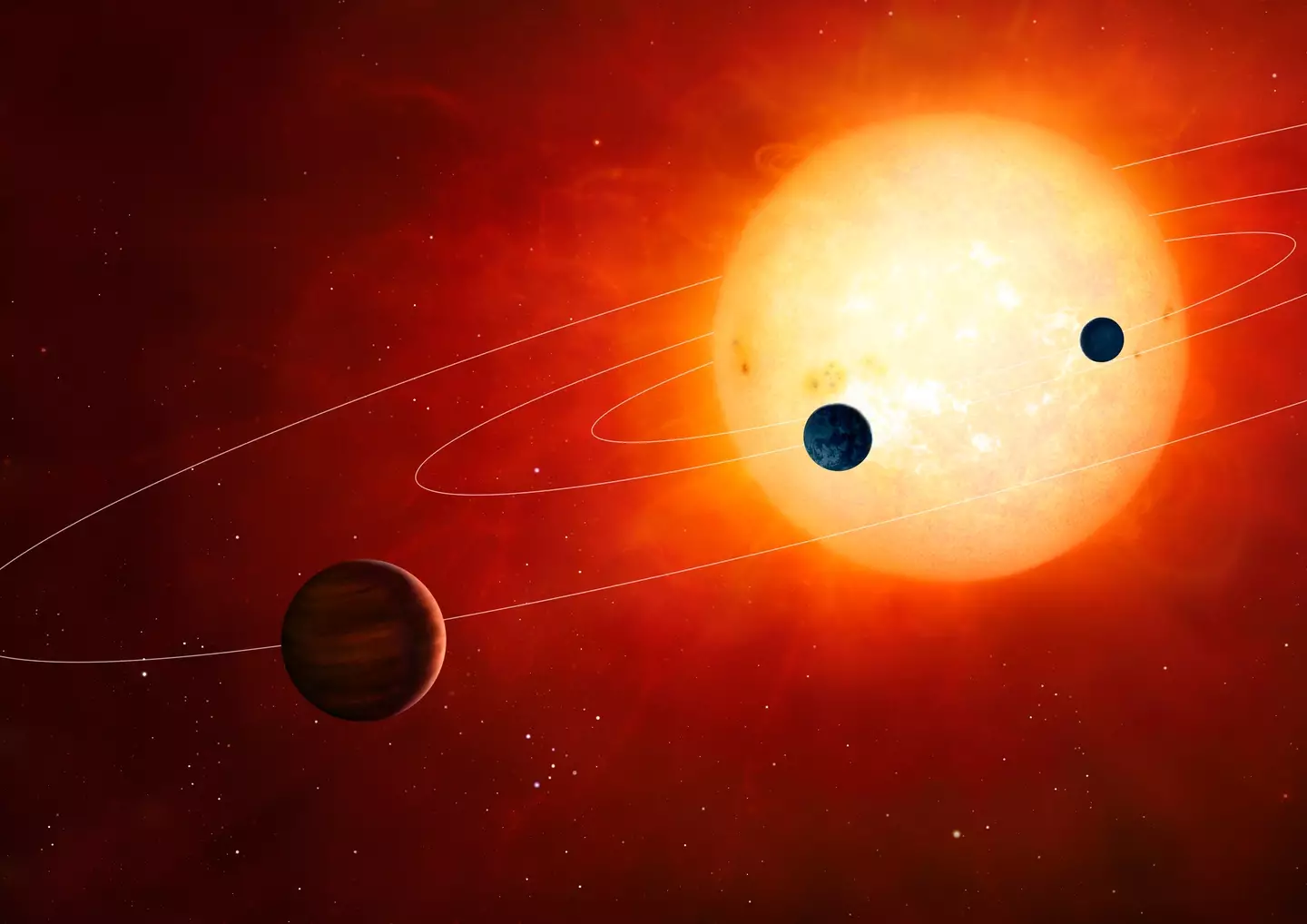.jpg%3Fcrop%3D571%2C571%2Cx629%2Cy52)
Astronomers were astonished to discover a new kind of planet that is unlike anything in our solar system.
Scientists are always looking to the stars to unlock new secrets hidden in our universe, often sending probes into deep space to explore what there is beyond our solar system.
And now it looks like they have uncovered a new planet that is nothing like one we’ve seen before.

Advert
The exoplanet is named Enaiposha and orbits around a red dwarf star around 47 light years away from Earth.
Experts had previously compared the planet to Neptune but now they believe it’s actually much more like Venus.
In fact, it has become known amongst astronomers as ‘Super Venus’.
Enaiposha is 2.7 times the radius of our planet and has 8.2 times the mass, but it’s almost impossible that it is inhabitable.
That’s because it is situated very close to its host star and is likely to be too hot for viable life to survive.
But what actually is happening on the surface of Enaiposha has been a bit of a mystery due to its thick atmosphere that contains vaporized metals.
However, new research into the exoplanet seems to have discovered something unexpected.
Astronomers Everett Schlawin at the University of Arizona and Kazumasa Ohno at the National Astronomical Observatory of Japan conducted the study with a team of researchers.
The group studied transit data for the planet as it passed in front of the star.

The data showed that the starlight which had traveled through the planet’s atmosphere was altered by carbon dioxide.
In the report, Ohno explained: “The detected CO2 signal from the first study is tiny, and so it required careful statistical analysis to ensure that it is real.
“At the same time, we needed the physical and chemical insights to extract the true nature of GJ 1214 b’s (Enaiposha) atmosphere.”
In a further study, the scientists used theoretical models to explain the data and through that, they found something unusual about Enaiposha’s atmosphere.
It seemed to be completely dominated by metals at lower altitudes, with only small amounts of hydrogen.
The study report explained: “The extreme metallicity is supported by the relatively strong CO2 feature compared to haze.”
Researchers involved in the study went on to write: “We stress the importance of high precision follow-up observations to confirm the metal-dominated atmosphere as it challenges the conventional understanding of interior structure and evolution of sub-Neptunes.”